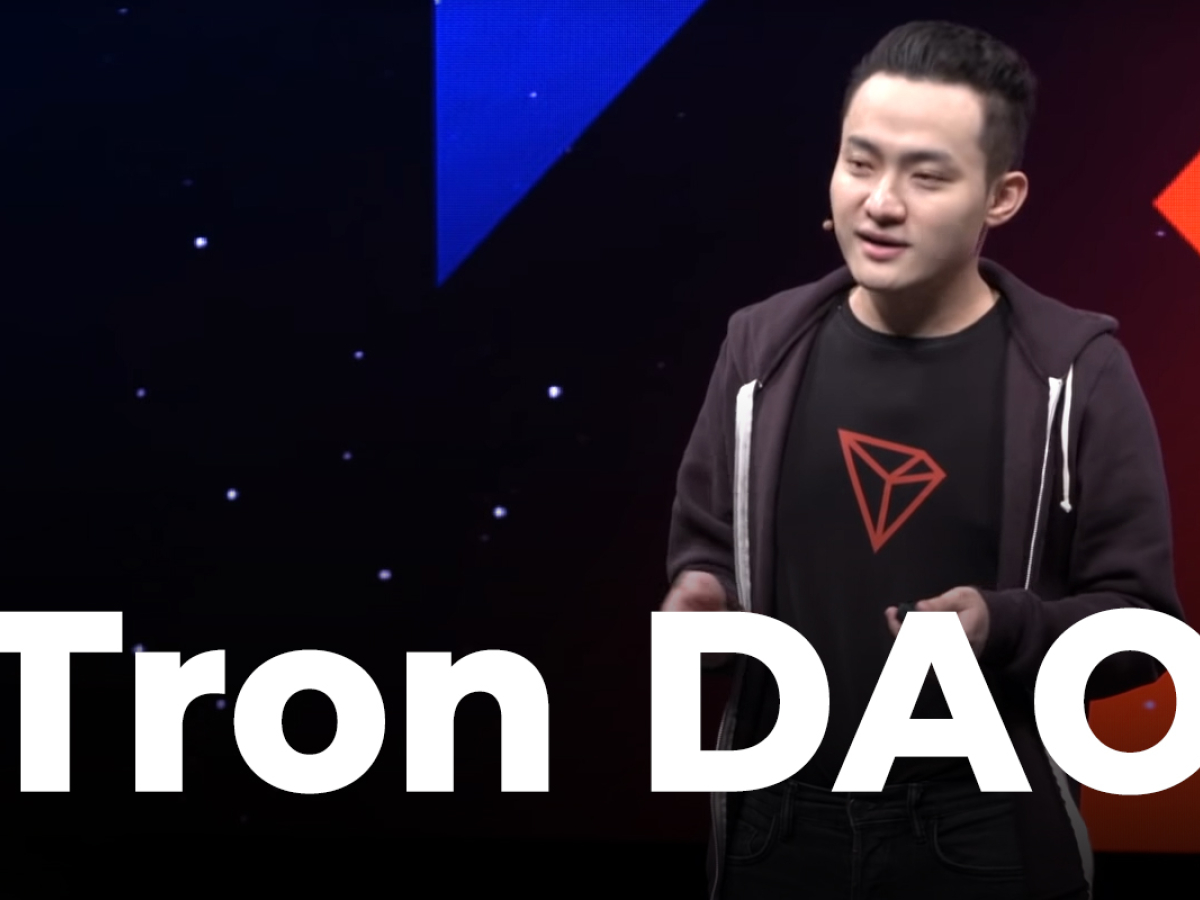
The crypto market is growing at a rapid pace, with governments and various regulatory bodies actively trying to study and keep up with the development.
While many policy makers across the world have realized that banning the crypto market is not an option, many are still yet to come up with a formidable framework to regulate the nascent market in their respective countries.
Even some of the most crypto-friendly countries have managed to regulate certain parts of the crypto market such as crypto trading, while a significant portion of crypto-related activities still remain a gray area.
Thus, for a fast-growing industry like crypto, which is often under heavy government scrutiny, surviving becomes a complex task. This is where Self-Regulatory Organizations (SROs) come into play.
Self-regulatory organizations have full authority to develop policies, maintain guidelines, implement policies and resolve conflicts. Although self-regulatory groups are private, they are subject to government scrutiny; If there is any discrepancy in the rules of the two bodies, the government agency is given priority.
Bradley, founder of crypto trading platform Y-5 Finance, told Cointelegraph:
“SROs are becoming more common in countries that lack any official cryptocurrency regulation. Technologies such as blockchain do not easily fit into traditional regulation, and proponents of SROs say they are creating a new complex industry to integrate into existing traditional agencies. SROs are self-funded and self-governing, and some have received criticism for favoring their members rather than the public.
An SRO is a non-governmental organization formed by participants from a particular industry or sector to assist in the regulation of enterprises in that sector. These SROs facilitate collaboration between industry experts and government policy makers and attempt to fill the regulatory void until a widely recognized framework is in place.
The Financial Industry Regulatory Authority (FINRA), a prime example of an SRO, works in accordance with the United States Securities and Exchange Commission (SEC) to implement the broad objective of regulatory bodies. Similarly, several crypto-based SROs have emerged in various jurisdictions which have helped the crypto industry to flourish.
Tony Dhanjal, Head of Taxes at crypto taxation platform Coinly, told Cointelegraph:
RECENT: US central bank digital currency commentators divided on profits, unified in confusion
“Self-regulation and governance have been seen earlier in other industries, in the absence of official or government-backed regulation. This reflects a degree of intent and responsibility towards ‘protecting the investors’. This further instills confidence in the industry and drives innovation. SRO’s mission is to ‘promote consumer protection and market integrity’ – they are certainly making the right noise.”
How SRO has helped around the world
Over the past year, the crypto industry has managed to generate the largest number of unicorns, or startup firms, over $1 billion, with a significant portion of investment from the traditional market flowing into the crypto industry. The growing confidence of traditional markets in the crypto industry has been made possible in part due to the self-regulatory measures that the industry has incorporated in the absence of government regulation.
Justin Newton, CEO of NetKey, a leading compliance digital identity verification technology firm, told Cointelegraph:
“Eight years ago, I predicted that regulations were coming into the cryptocurrency space, it was only when and under what circumstances. Even then it was clear that there was a need to meet regulators in terms of mitigating risk and providing appropriate anti-money laundering controls. The industry will be best served going forward. We are more likely to get good frameworks if we design them instead of waiting for regulators to impose this issue.”
He further added that the crypto industry needs to be more proactive in offering solutions to the issues it seeks to address, rather than fighting the inevitable intervention of policy makers. He stated that “Self-regulatory body is a specific type of organization created and empowered by law and regulation, which may not be suitable for our industry, especially the unavoidable cross-border nature of the businesses participating in it.” Because of the ecosystem.”
There has been a global push for crypto exchanges to self-regulate. Japan and South Korea are considered the pioneers of the self-regulatory industry and were among the first countries to establish SROs for crypto.
The Japan Blockchain Association (JBA) has 127 members and 35 of them are crypto exchanges. It sets standards and promotes the development of a sound business environment and user protection system for virtual currency and blockchain technology. Over the years, JBA has worked towards bringing awareness to the crypto market and has held regular meetings and discussions regarding the advent of new use cases, with the latest focus being on non-fungible tokens (NFTs).
CryptoUK, a trade association with its own code of conduct, was established by the seven largest crypto firms in the United Kingdom. The purpose of the association is to help people in times of crisis, especially in the event of a hack. Similarly, seven top crypto exchanges in India partnered with the Internet and Mobile Association of India to form a self-regulatory body.
The Blockchain Association of South Korea has 25 members and promotes the use of nascent blockchain technology among the public. SRO is responsible for issuing crypto exchange guidelines and has also been a part of formulating crypto tax policies. The Korean Blockchain Association lobby has formally advised against the proposed 20% crypto tax in the country.
In the United States, the Gemini crypto exchange was the first to propose an SRO in the form of the Virtual Commodity Association. Later in 2018, a group of 10 financial and tech firms formed the Association for Digital Asset Markets (ADAM). According to its website, ADAM now has 31 members and five partner law firms.
Gabriella Kuz, CEO of the Global Digital Asset and Cryptocurrency Association – a global self-regulatory association for the digital asset and cryptocurrency industry – explained how the self-regulatory organization functions and how it works towards building policies to promote growth Works. He told Cointelegraph:
“Around the world, Global DCA maintains a number of MoUs with other emerging self-regulatory movements so that we can speak intelligently to other global movements that we see credibly growing in this regard. In particular, we see excellent progress through leadership and leadership in Nigeria with stakeholders from the Blockchain Technology Association in Nigeria as well as the Internet and Mobile Technology Association of India. Both of which are emerging self-regulatory movements, but they has sought to bring together a diverse and inclusive group of firms for advanced standards, education and gentle advocacy to support public and private sector dialogue.”
Europe is currently lagging behind in accommodating self-regulatory bodies, with Switzerland being the only stand-out nation.
Why should regulators focus on SROs?
The nature of a particular industry, the level of competition in the sector and the need for its regulation will usually determine whether an SRO is necessary. Either the member firms of the industry agree and form organizations themselves or the government may mandate the creation of an SRO. In many cases, SROs also serve as a platform for managing the production or certification of educational materials within their industry.
Justin Hutzman, CEO of Canadian crypto exchange CoinSmart, explained the importance of how government regulations and SROs can go hand in hand. He told Cointelegraph:
“Along with country-specific regulations, the industry needs to take specific measures to self-regulate to meet certain global standards. Recently, CoinSmart and other exchanges in Canada, the US and Singapore have been promoting their AML efforts. Joined Universal Solution Technology (TRUST) for Travel Rule. The Trust takes measures to reduce money laundering by ensuring that members comply with travel rules while protecting user data.”
Self-regulatory organizations are adopting self-imposed standards for participants in the digital asset ecosystem that reflect compliance practices in traditional financial institutions. Regulatory and legislative bodies around the world are beginning to pay attention to how digital assets will be regulated, but adoption of the standards could take years. US President Joseph Biden’s recent executive order on digital assets underscores the need for companies to address ethical practices and internal controls within their organizations.
RECENT: The Struggle for the Spirit of Web3: The Future of Blockchain-Based Identity
The growing prominence of self-regulatory organizations will contribute to the development of standardized compliance practices, allow for constructive engagement with regulators, and accelerate institutional adoption of this emerging asset class. Organizations such as the Association for Digital Asset Markets are building the foundation for this to happen.
Bitso Chief Regulatory Officer Felipe Vallejo told Cointelegraph:
“We believe that the emergence and continued self-regulation of SROs has set an excellent example for governments to assess risks and appropriate policy responses to crypto without impeding innovation.”
Self-regulation potentially counteracts one of the drawbacks of each country having different rules, making it difficult for companies to operate on a global scale. Self-regulatory bodies have more opportunities to collaborate with each other and introduce global regulations that are consistent and meet the needs of investors and cryptocurrency companies.

















